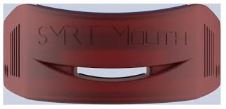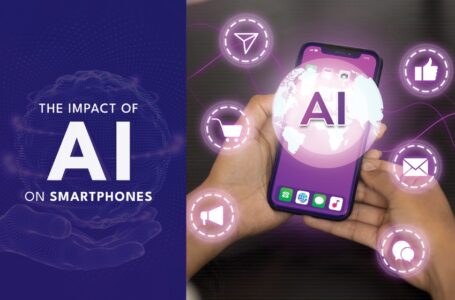SMART MOUTHGUARD PICKS UP ON GRINDING TEETH

Everything in the world today is becoming ‘smart’. From smart phones to smart TVs, there are very few things in our life now that does not claim to be smart. Now, a smart mouthguard hopes to diagnose a condition called bruxism, in which people grind their teeth while asleep.
Have you ever woken up with a weird headache? Or a pain in the jaw during a particularly stressful time? It might be because you’ve been grinding your teeth in your sleep. This condition is called bruxism, and if you’ve been diagnosed with it, don’t worry because it’s quite a common condition, and almost one in five of us do it. Now a team of researchers from the University of Florida has created an easier way to diagnose bruxism using a smart mouthguard.
Stress is a problem for more than half of working adults, according to the American Psychological Association. Bruxism, a process of grinding of teeth, may at first glance seem a relatively minor issue when examined alongside more serious physiological effects of stress, but teeth grinding may have larger effects, such as damaged teeth, headache, insomnia and a sore jaw. Despite its prevalence, bruxism is not an easy condition to diagnose, often requiring the subject to be monitored overnight as she sleeps, a process which is intrusive and often impractical.
A smart mouthguard is definitely a cheaper and easier way for dentists to diagnose bruxism. Equipped with sensors, the mouthguard detects how much force is being applied on it by the teeth as well as which teeth are grinding the most. The information can then be sent to a dentist via a mobile device.
The mouthguard can also help with treating of bruxism, not just its diagnosis. Usually, the only long-term treatment for bruxism is to help the patient reduce stress and change behaviours. But the smart mouthguard can do more. The advantage is that it can extend the treatment beyond the clinic, so it promises greater effectiveness and less cost because it cuts down the number of visits a patient needs to make to the clinic.
In the future, similar smart mouthguards could be useful for athletes involved in contact sports like football. Accelerometers could detect the strength of forces affecting the head, which could give them advanced warning if a concussion is likely. Other types of sensors could help determine if the athlete is dehydrated or is approaching a dangerously high body temperature.






